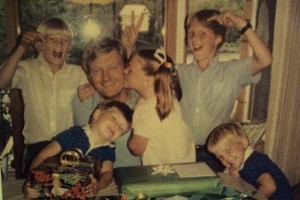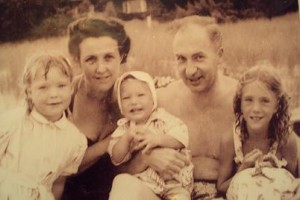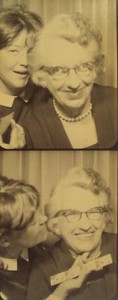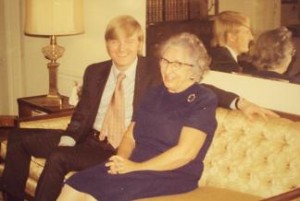When the preacher told us this morning his sermon would be about fatherhood, he explained why it would be relevant to everyone. Young fathers would get a description of how to father well. Mothers would be glad to hear their husbands challenged. The rest of us were to think of our own fathers, especially if issues from difficult childhoods still tormented. The pastor hoped to help in each scenario.
My thoughts wandered to the father of my seven children, though he wasn’t on hand to hear the sermon. During Nate’s last weeks of earthly life, he often talked about his kids, proud of each one. He also had regrets over some of the fathering mistakes he’d made. Early zeal in parenting caused both of us to do and say things we wish we hadn’t.
Beneath Nate’s regrets, however, lay a foundation of undying love for his children that grew with the years. He used to puzzle over fathers who abandoned their families, unable to understand how any dad could behave that badly. He’d shake his head and say, “If a man takes part in bringing children into the world, why wouldn’t he want to stick by them?”
In his mind, children were the most precious treasure a man could have, proven by his deep satisfaction in having each of them under his roof when his health crisis escalated. For a father to walk away from them would be to experience a loss beyond description. Even when a couple of his own kids “churned the pot” pretty well during their teen years, Nate was always in their corner, and he often told them, “I love you.”
During church this morning, I also thought of my own father, a serious Swede born in 1899, who waited until age 42 to marry. He was careful, thoughtful, conservative and a Christian. As an older dad, he never rough-housed on the floor with his kids, but he did live out a faithful example of uprightness in front of us.
He was impeccably honest, so much so that he even refused to reuse a postage stamp if it came through the mail unmarked. “It did what it was paid to do. To reuse it would be to rob the post office.”
Dad was calm in a crisis, worked hard at the church, took us to Sunday school and was 100% dependable. He quietly gave time to charity, lived beneath his means and never tooted his own horn. After he died, as we read his will, we found Scriptures there to counsel us even as we mourned.
The pastor said it right this morning when he reminded us there are no perfect people and thus no perfect parents. But the two important fathers in my life were, at a bare minimum, really good ones.
“A righteous man will be remembered forever.” (Psalm 112:6b)





